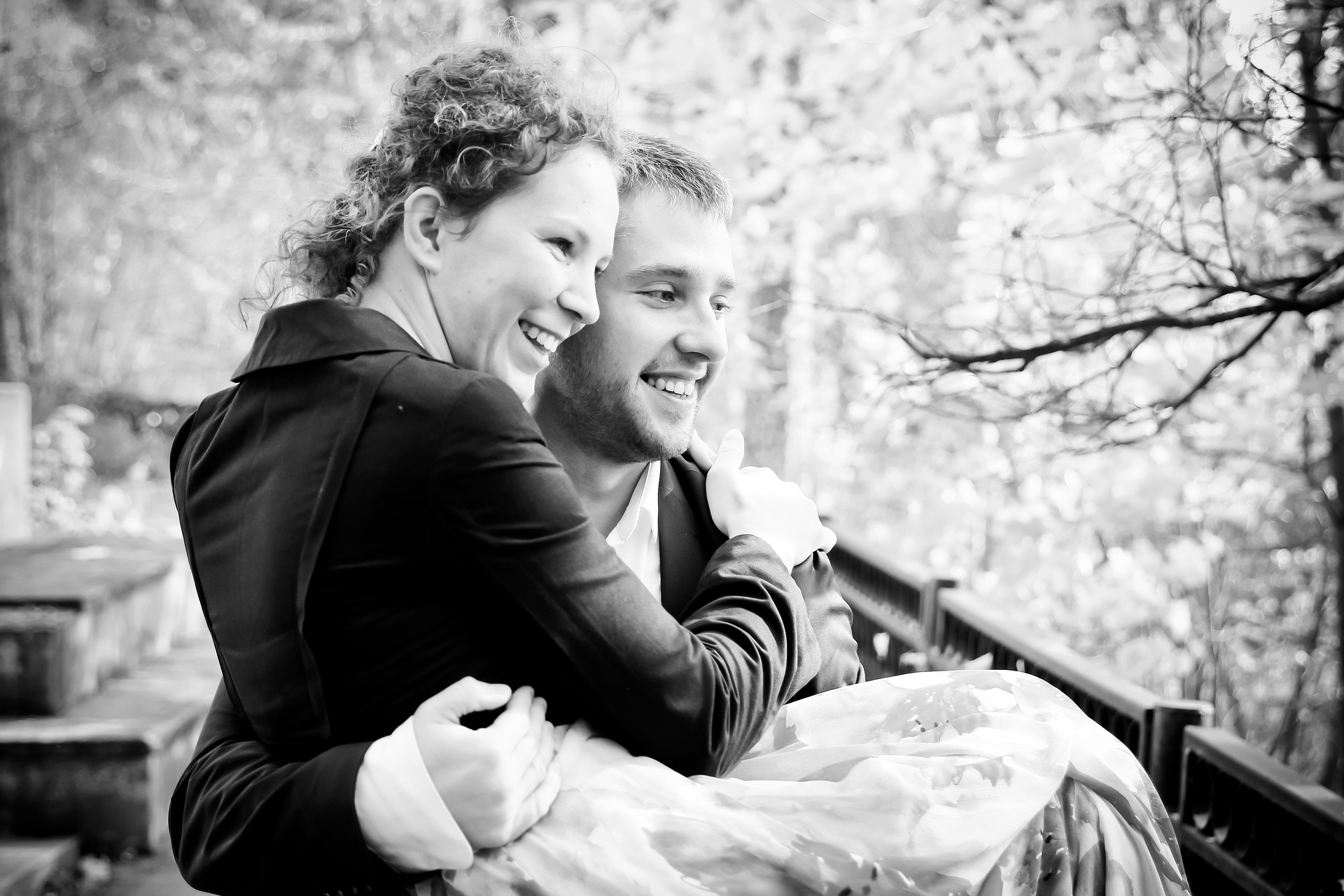
Loneliness is not the same as being alone. Being alone is a fact whereas loneliness is a feeling. You can feel lonely when you are with friends or with your partner.
At the same time, you don’t need to feel lonely when you are alone.
In other words, loneliness can be termed as the desire to get connected with someone and that someone is not available. This can certainly occur when we are alone, but it also occurs in relationships when one or both partners are unavailable for connection perhaps due to anger, doubts, distrust, withdrawn, tired, ill or just being complacent in the relationship.
So what really causes loneliness in a relationship? According to Delhi’s eminent Relationship and Marriage counselor Shivani Misri Sadhoo, in relationship loneliness is created by certain situations and conditions and there are:
1. When a person is emotionally fragile, many times it’s seen that such personalities start protecting themselves from getting emotionally hurt by expressing anger or by withdrawal. In such a scenario, their partner finds it difficult to connect with them.
2. One may feel lonely with his/her partner when their partner deliberately shuts them out with work, TV, food, hard drink, hobbies, the Internet so on and so forth.
3. One may feel lonely when he/she tries to have control over their partner’s feelings. Since no one in this world likes to be controlled and such tendencies soon pushes away the person’s partner physically and emotionally.
4. One may feel lonely if the other half keeps judging them regarding their thoughts, feelings, looks or actions. Judgment creates disconnection, and disconnection can be very lonely.
5. One may also feel lonely when their partner can’t connect with them due to being overly tired, frazzled and overwhelmed or unwell.
